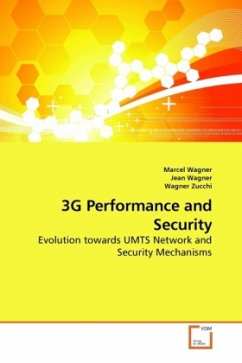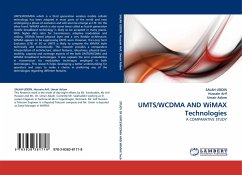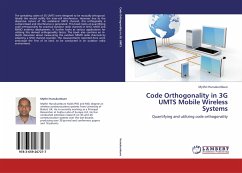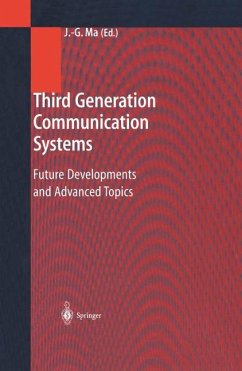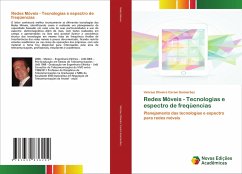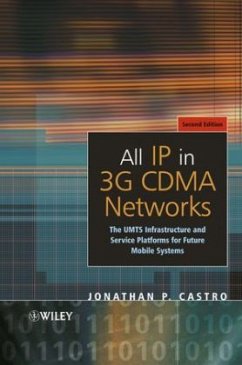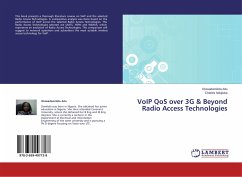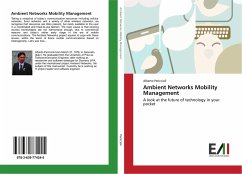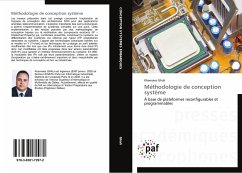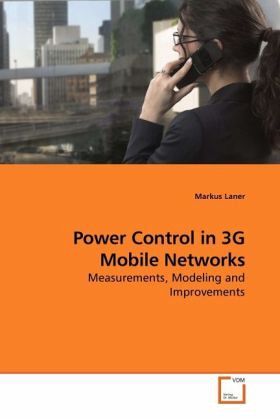
Power Control in 3G Mobile Networks
Measurements, Modeling and Improvements
Versandkostenfrei!
Versandfertig in 6-10 Tagen
32,99 €
inkl. MwSt.

PAYBACK Punkte
16 °P sammeln!
Modern 3G networks such as UMTS use Wide-band Code division Multiple Access (WCDMA) as access method for the communication radio links. A sophisticated power control mechanism can increase the WCDMA throughput and reduce interference and overall radiated power. This work aims to identify impairments of the power control algorithm in use in nowadays networks and to develop possible improvements. Interesting results from large scale measurements, performed in a live network in Vienna, Austria, are shown and evaluated. They reveal the benefits and drawbacks of the actual uplink outer-loop power c...
Modern 3G networks such as UMTS use Wide-band Code division Multiple Access (WCDMA) as access method for the communication radio links. A sophisticated power control mechanism can increase the WCDMA throughput and reduce interference and overall radiated power. This work aims to identify impairments of the power control algorithm in use in nowadays networks and to develop possible improvements. Interesting results from large scale measurements, performed in a live network in Vienna, Austria, are shown and evaluated. They reveal the benefits and drawbacks of the actual uplink outer-loop power control mechanism, and are further used to characterized it by means of statistical models. Additionally a novel control algorithm is proposed and evaluated by simulations, which exhibit a transmit power reduction in the order of 1dB. The new algorithm is totally standard compliant and can be implement in existing UMTS networks by simply updating the software of a few components. This work isaddressed to students, graduates and any researcher and developer interested in the subject of WCDMA power control.



